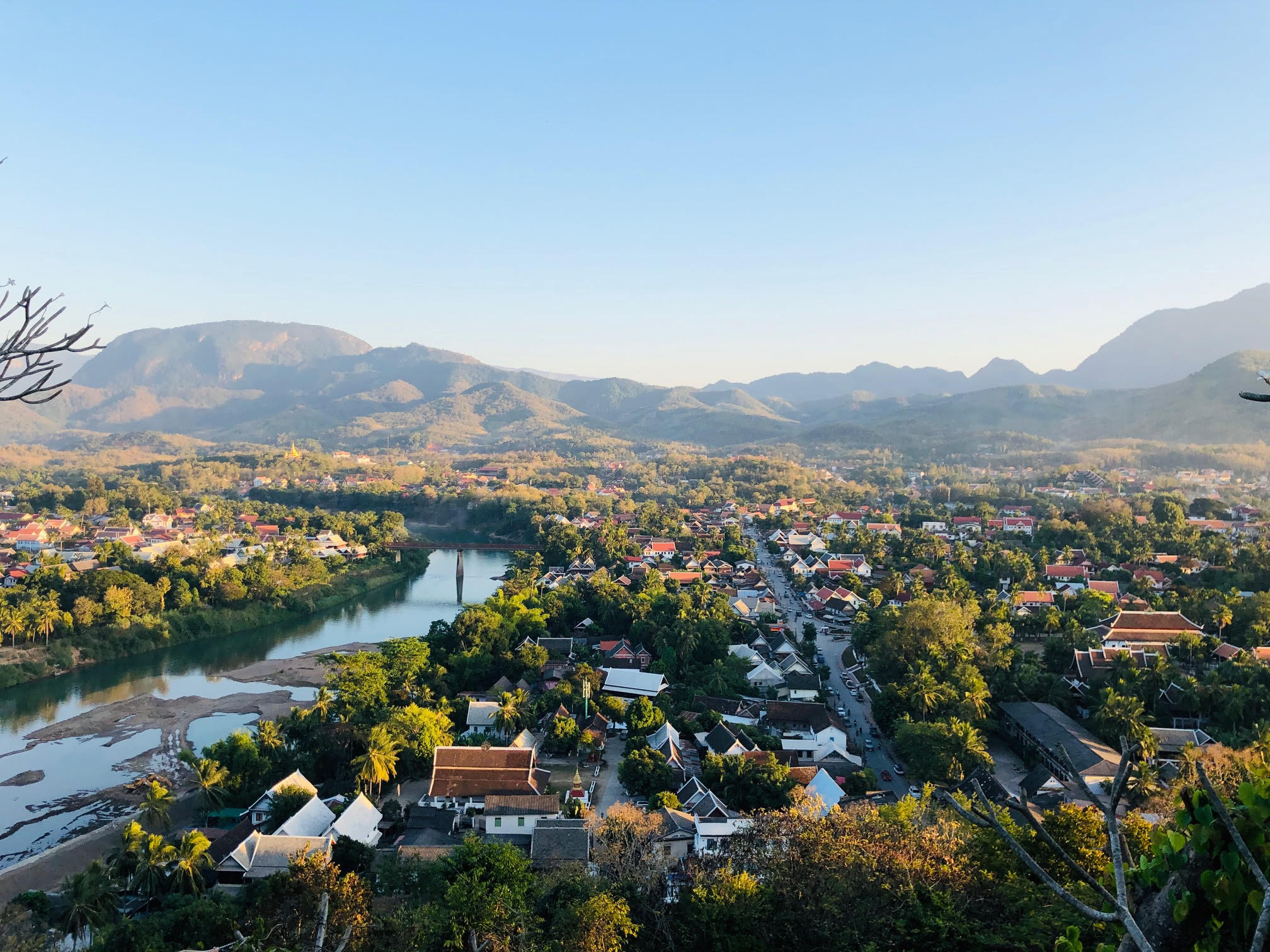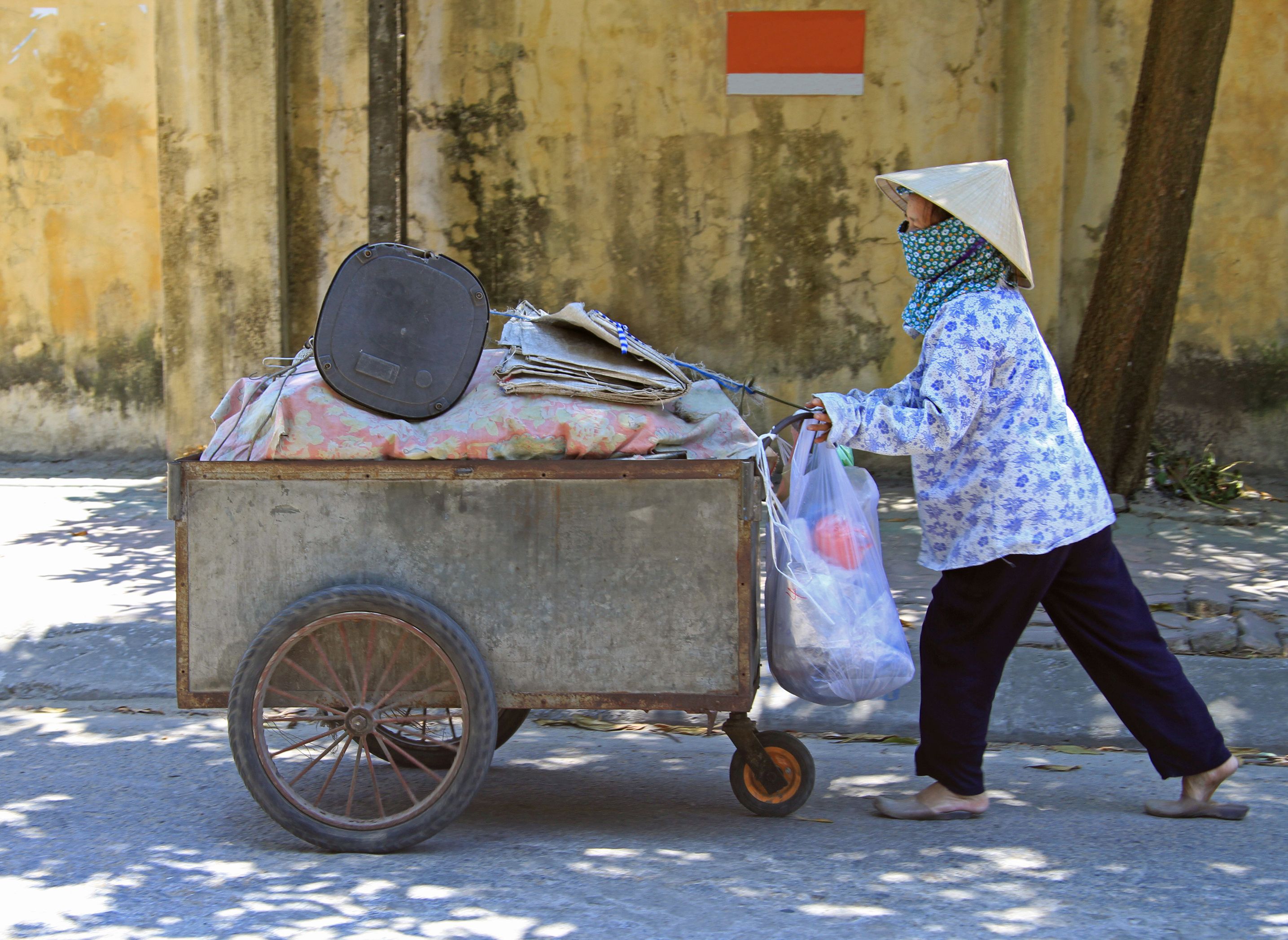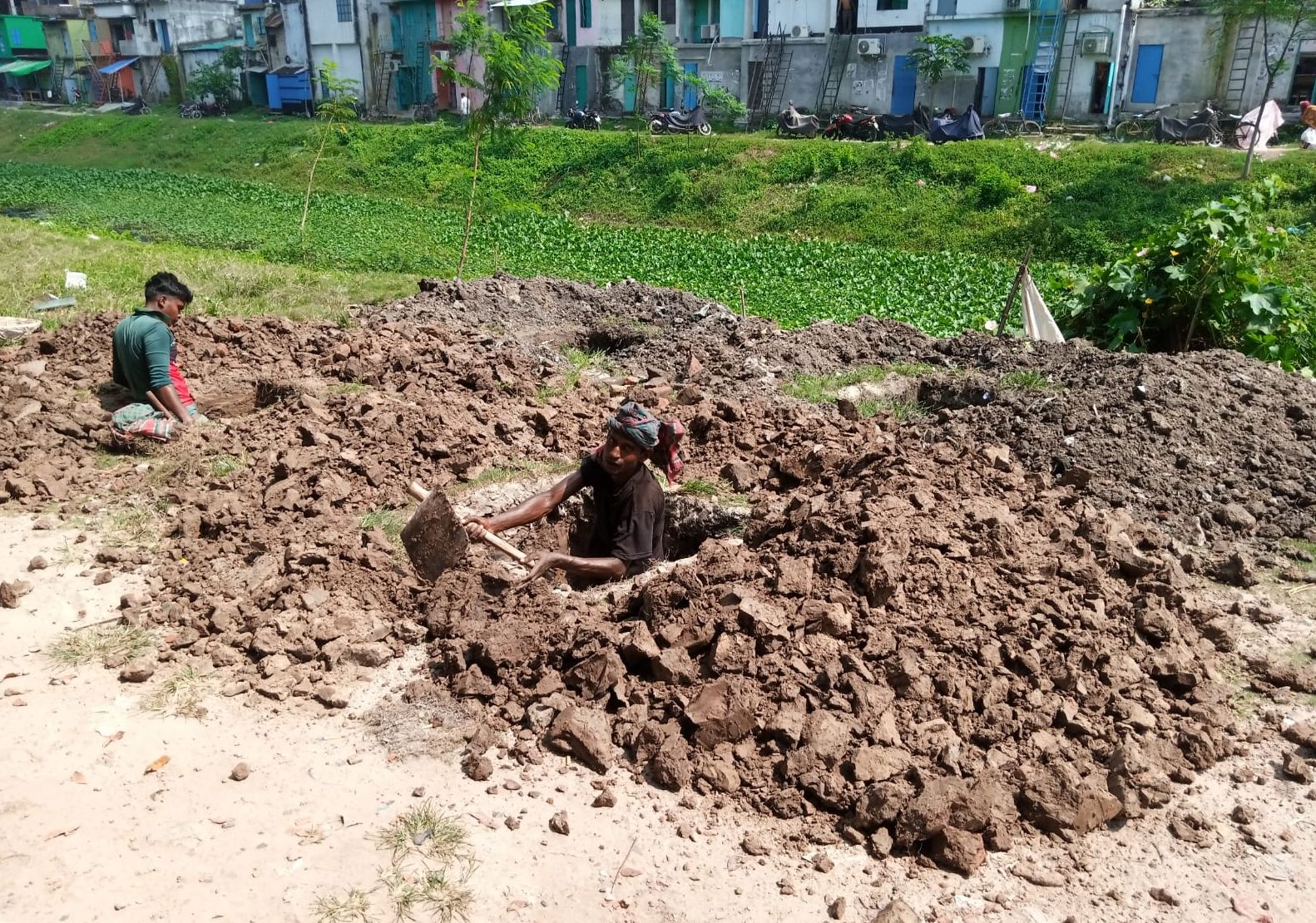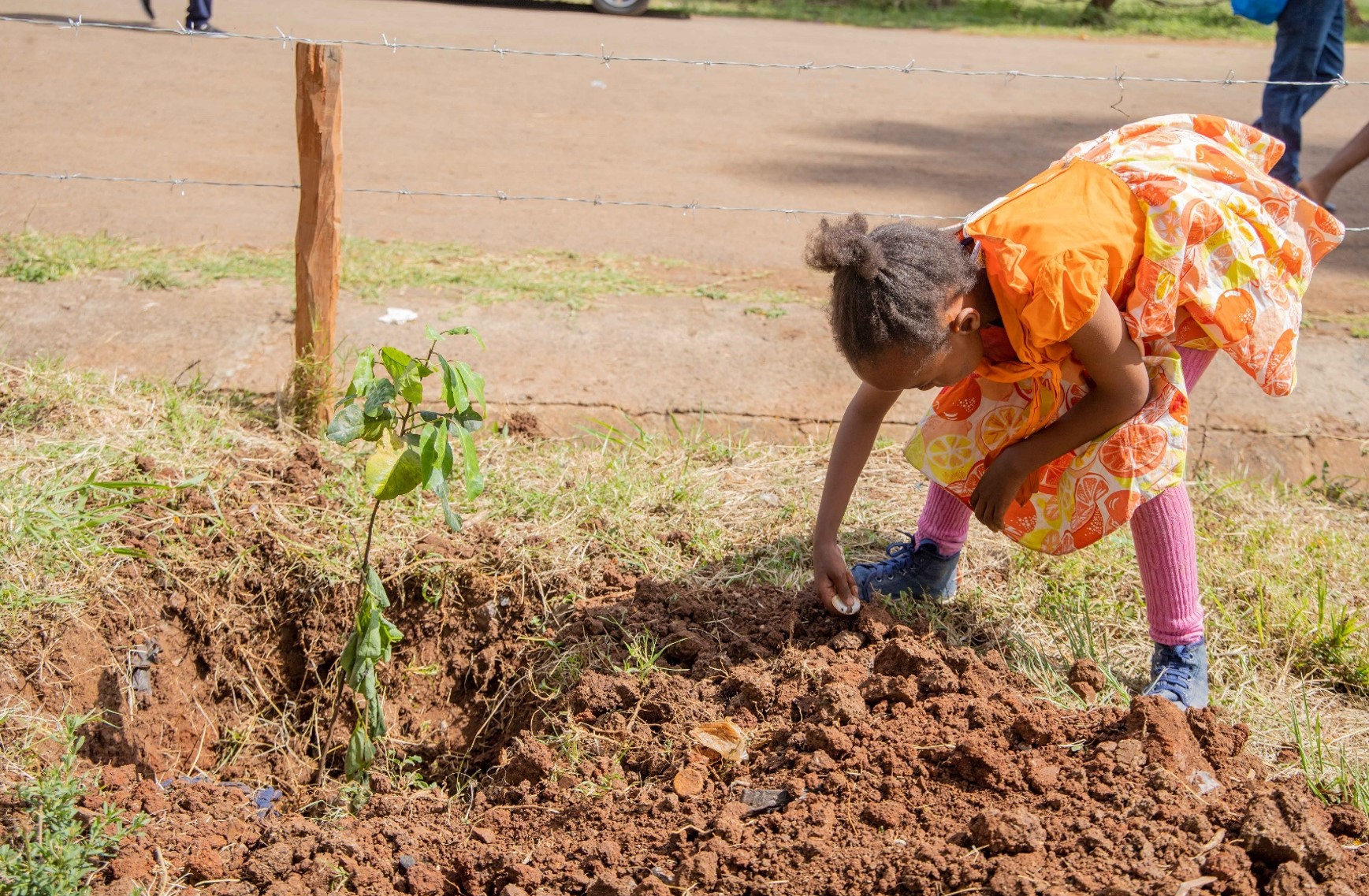The need for inclusivity and collaboration is becoming a key theme as individual cities and towns across Southeast Asia face similar environmental, economic, and social challenges. Recognising common interests and the need for shared sustainable solutions, city representatives from across the Mekong Corridor came together for a two-day Dialogue under the Urban Mekong Corridor Initiative (UMCI).
The Dialogue aimed to build and share common visions for inclusive and green development across the region, and it culminated with all of the participating cities pledging a declaration of commitment to that goal and the principles of the UMCI.
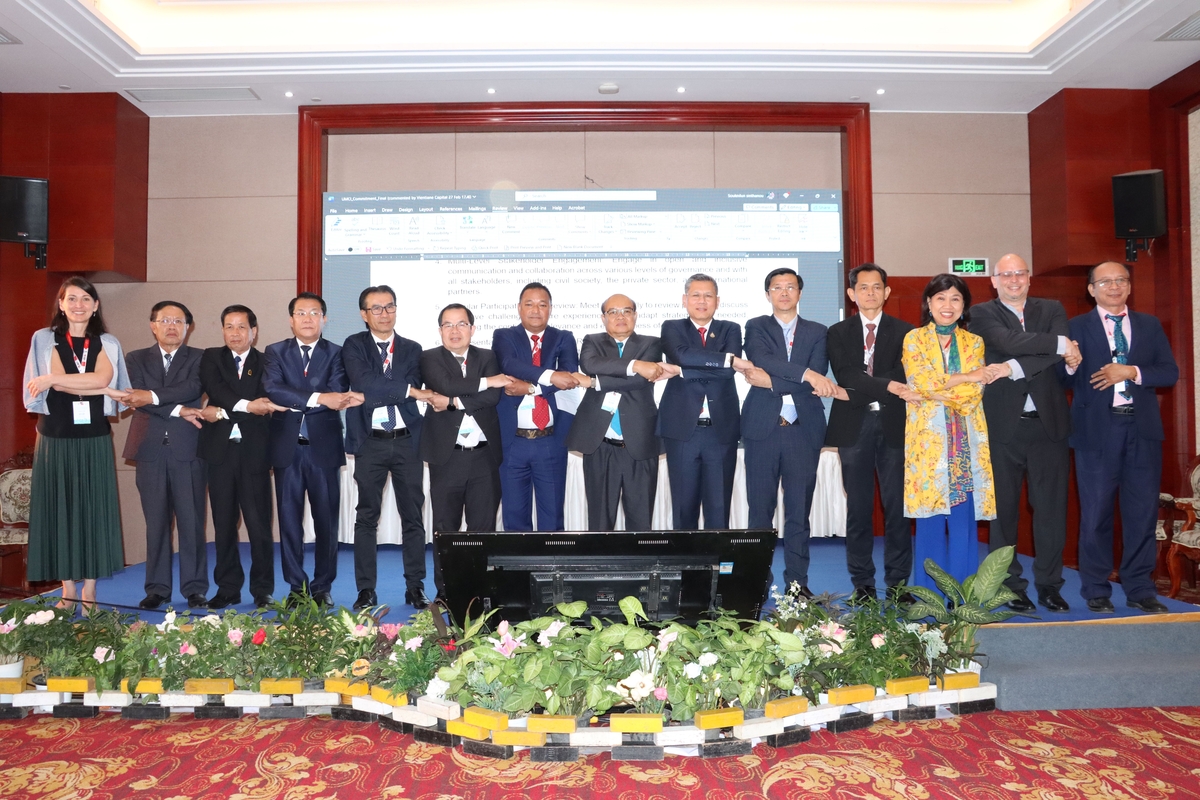
The UMCI aims to promote collaborative efforts to address the interconnected challenges encountered along the Lower Mekong Basin corridor and establish cluster partnerships of the Urban Mekong Corridor network. It is funded by the Swiss Agency for Development and Cooperation (SDC) and implemented by Cities Alliance in partnership with United Cities and Local Governments Asia Pacific (UCLG-ASPAC), through the Resilient Systems of Secondary Cities and Migration Dynamics Programme.
It responds to the challenges and opportunities presented by the surge in population growth and urbanisation in the Greater Mekong Subregion, a naturally interconnected economic region woven together by the Mekong River that includes Cambodia, China, the Lao People’s Democratic Republic (Lao PDR), Myanmar, Thailand, and Vietnam.
This first UMCI Dialogue was hosted by Vientiane, the capital city of Lao PDR, from February 27–28. Eighty dignitaries and delegates from ten different towns and cities attended the Dialogue. The high-level representation included vice ministers, governors, vice governors, and mayors, showing each country's importance in fostering collaboration and sharing knowledge and best practices.
Their Excellencies Mr Atsaphangthong Siphandone, Governor of Vientiane Capital, and Mr Phouvong Luangxaysana, Vice Minister of Lao PDR Natural Resources and Environment, opened the Dialogue. Their welcoming remarks acknowledged the efforts of the Cities Alliance, UCLG-ASPAC, and SDC in bringing together a diverse group of stakeholders. They emphasised the importance of regional collaboration, innovation, capacity building, knowledge sharing, networking, and collective action while encouraging delegates to leverage the unique opportunity that the UMCI presents.
To address the adverse impacts of climate change, partnerships between cities along the Mekong Basin will be crucial and require capacity building, knowledge sharing, and networking among partners.
H.E. Mr. Atsaphangthong Siphandone, Governor, Vientiane Capital
The Dialogue began with opening presentations, with each presenter outlining how their cities respond to urban challenges. At this early stage, it is already clear that there are some excellent ideas for tackling the issues presented by population growth and urbanisation, with individual city actions providing great inspiration to other localities throughout the region.
This initial Dialogue focused on solid waste plastic management and nature-based solutions, as these are topical issues across the region. Government representatives shared their on-the-ground reflections, showcasing practical approaches and challenges. During the session on waste management, the importance of taking a systems and multi-faceted approach was a common theme, including the need for policies, infrastructure, high-quality services, efficient operations, and a highly aware public.
Nature-based solutions can help address societal challenges by adopting natural system approaches that provide benefits for human well-being and biodiversity. This session provided insights on approaches for integrating green infrastructure. For example, forests, floodplains, wetlands, and mangroves can be used alongside traditional infrastructure to develop hybrid solutions for urban management issues such as flood management.
Through innovative policies, community engagement, and cross-border collaboration, we can stem the tide of plastic pollution and safeguard the integrity of the Mekong River for generations to come.
Dr Bernadia Irawati Tjandradewi, Secretary-General, UCLG ASPAC
In addition to the Dialogue, Vientiane City hosted a dinner reception, providing a valuable opportunity for dignitaries and delegates to mix in a more informal setting and share experiences.
On the second day, the participants attended a site visit to see practical examples within the waste management sector. The site visit included a tour of Vientiane’s waste transfer station and a trip to a recently established Integrated Resource Recovery Centre, which can turn 2,000 tonnes of organic waste into compost annually.
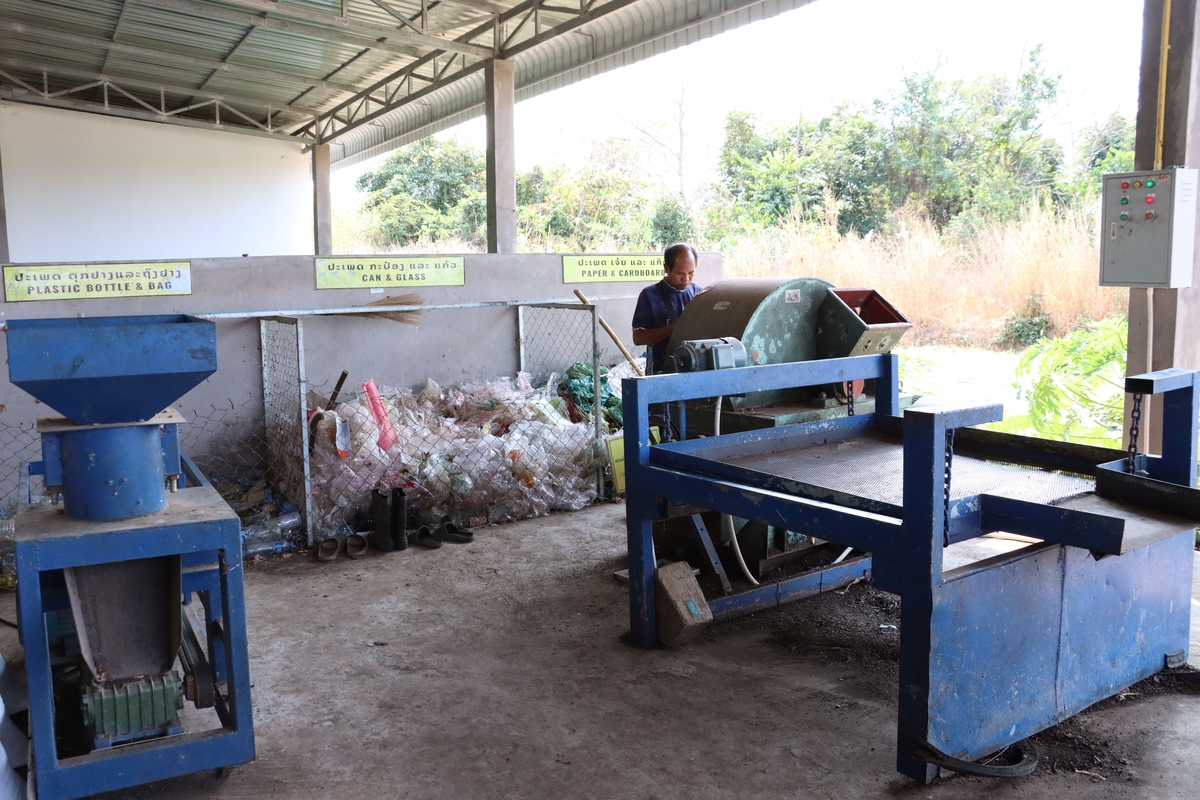
The Dialogue concluded with dignitaries and delegates collectively adopting a commitment to an inclusive, representative, collaborative, and participatory approach to green growth in the region, aligning sustainable economic development with environmental stewardship and social equity. This successful initial Dialogue has provided a strong foundation for the UMCI.
Phnom Penh is scheduled to host the next Dialogue in Cambodia in June 2024, where participants will explore and synthesise further practical ideas for collaboration.

